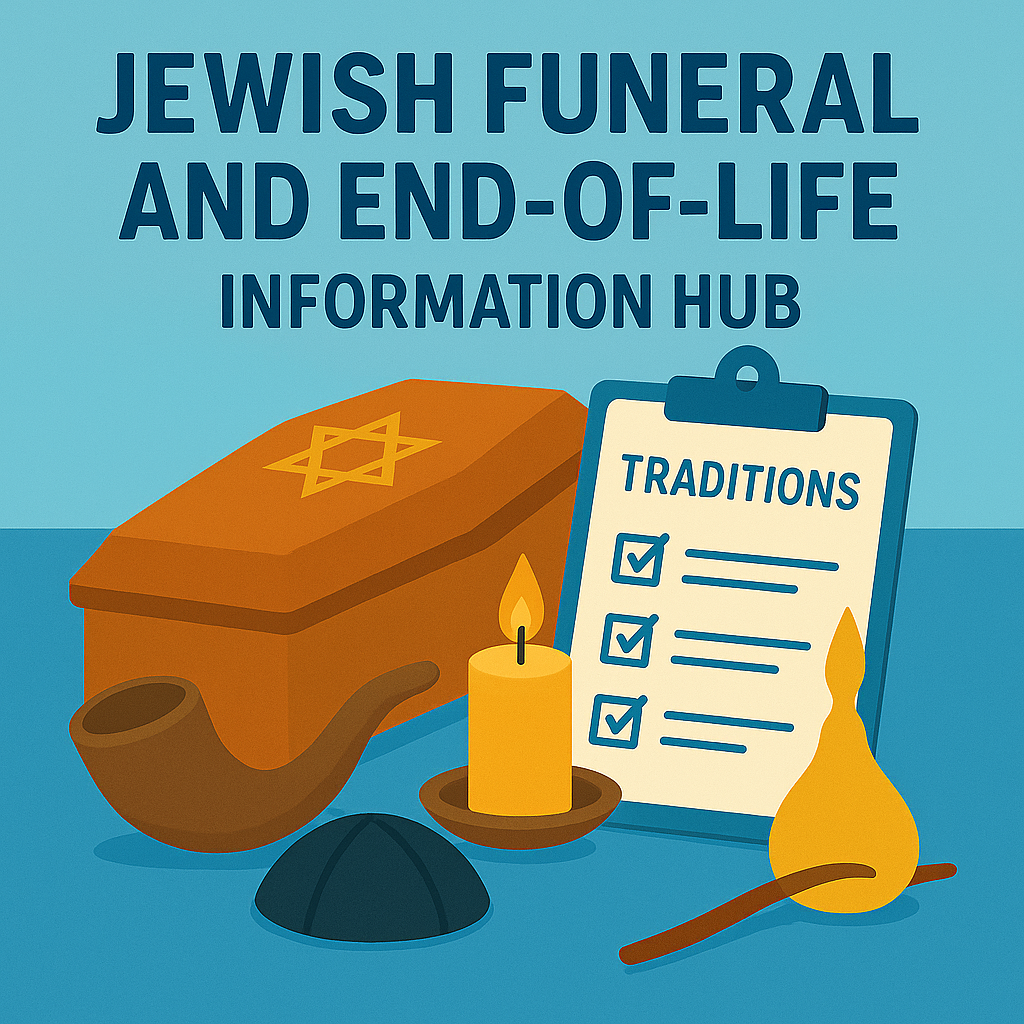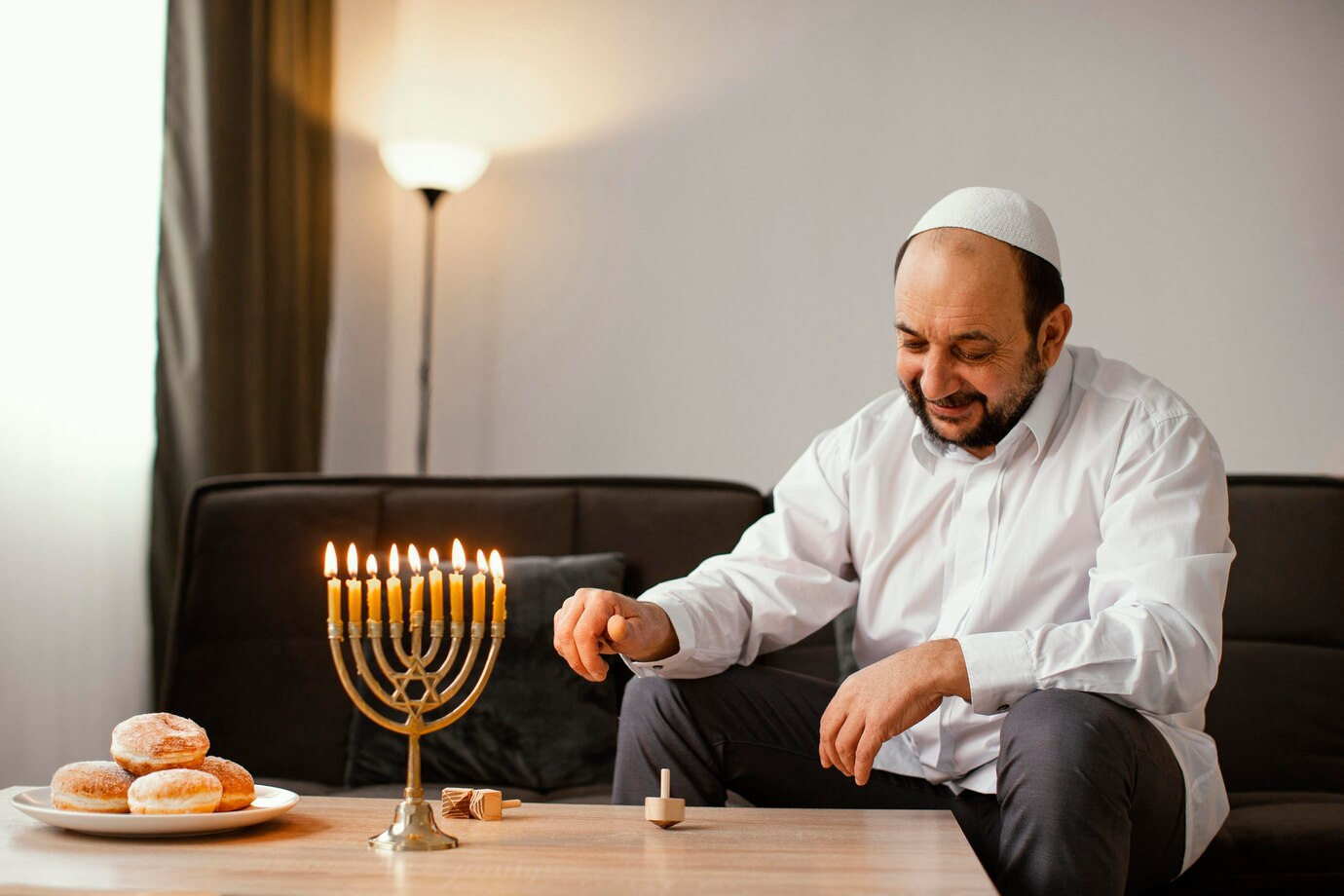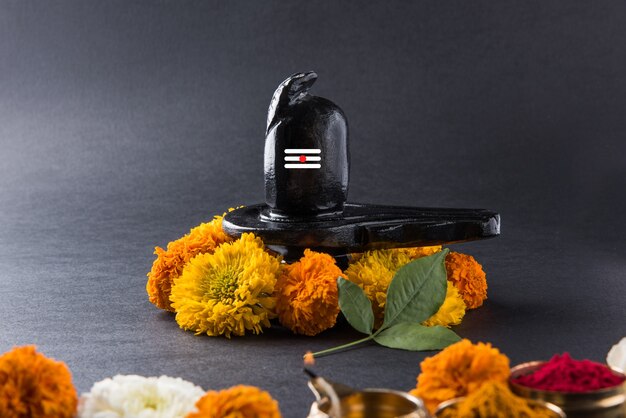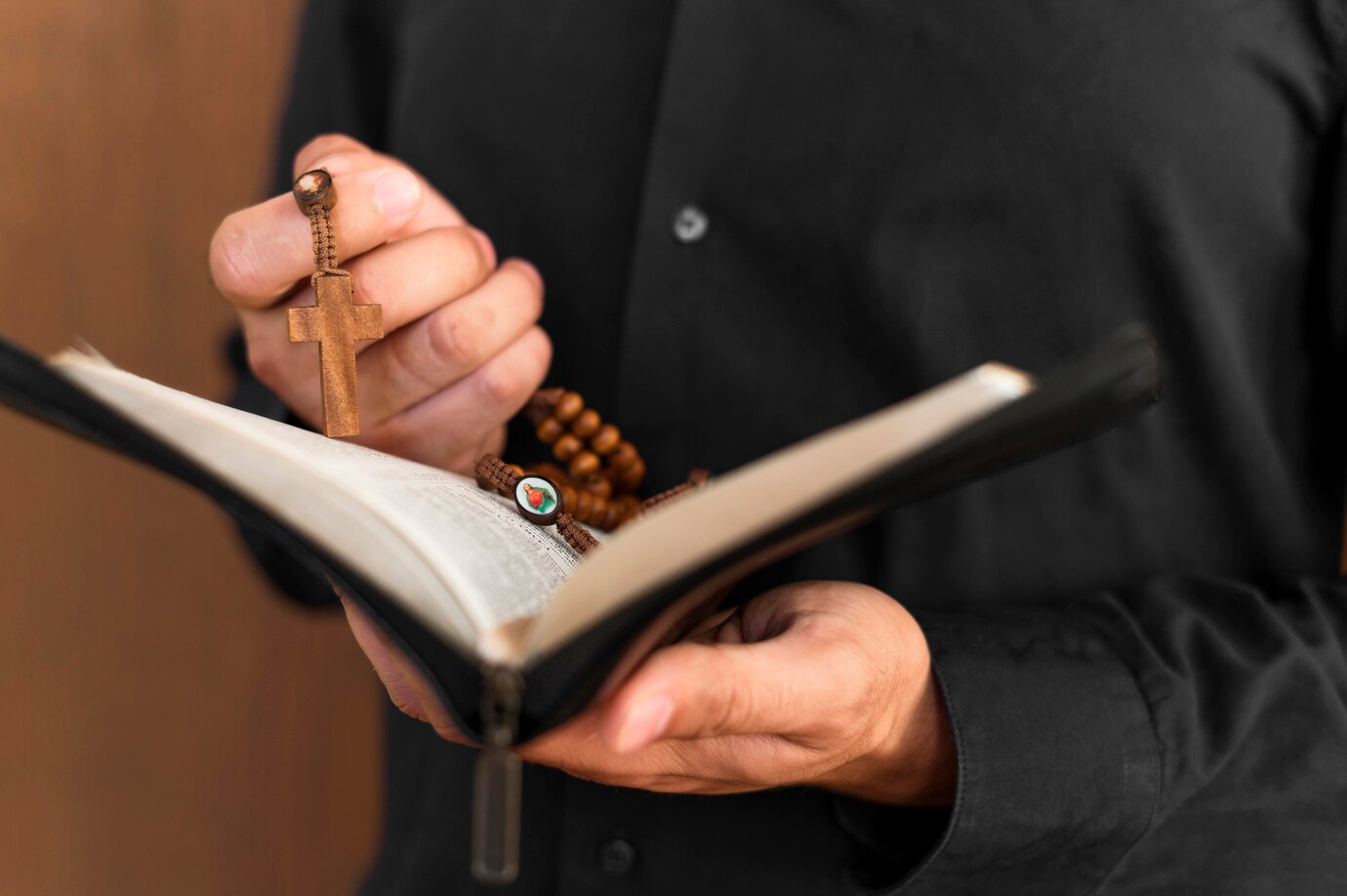Jewish rituals embrace life, memory, and respect
Jewish Funeral & End-Of-Life Traditions
Jewish funeral and end-of-life traditions are here to help us find comfort, respect, and meaning in times of loss. Rooted in centuries of wisdom, these practices honor the dignity of our loved ones and remind us that, even in grief, we are not alone. Each tradition—from the careful preparation of the body to the supportive rituals of Shiva—guides us through loss with compassion and community care.

Key Things To Know
Your Content Goes Here
Articles
Other Organizations Making An Impact
Frequently Asked Questions
Disclaimer: The information provided on this website and by Buried in Work is for general informational purposes only and should not be considered legal advice. Please consult with a qualified attorney or subject matter expert for advice specific to your situation.





